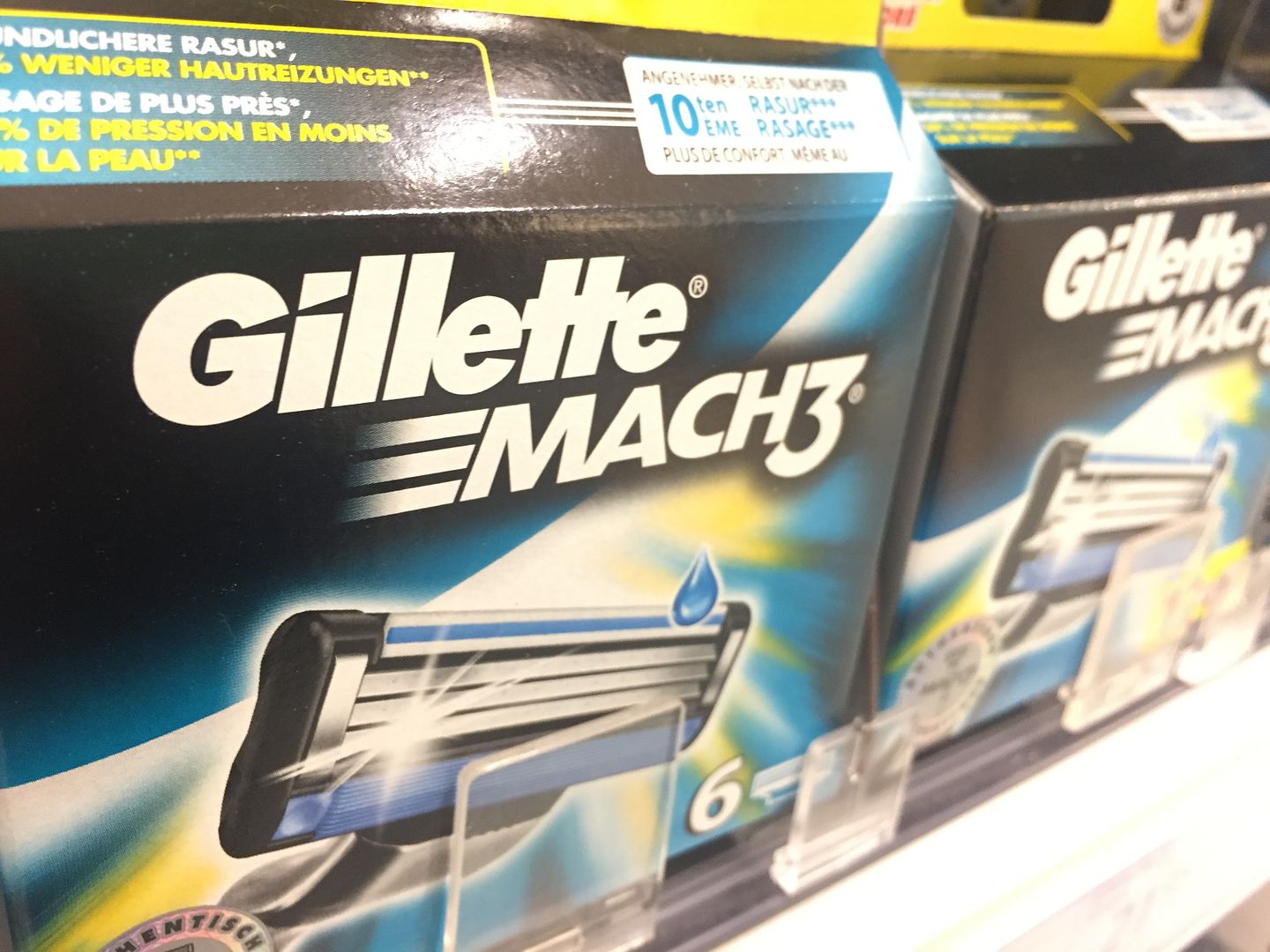The Gillette razor ad called "We Believe: The Best Men Can Be," which has been criticized for being anti-male, continues to generate discussion.
First off: Who was the mastermind (can you still say that?) behind the ad?
You're in luck. The Daily Mail reveals the identity of the "VERY woke" advertising director who created the ad.
She's Kim Gehrig, an Australian mother of two who makes her home in London. Ms. Gehrig has done work for Uber and Gap and her previous work includes a spot featuring what the Mail describes as "singing female genitals."
In her spare time, she tweets against President Trump.
The Daily Mail considers Ms. Gehrig's distinctive work:
[Many of her ads] have socially conscious themes: her second campaign for Sport England was set to a poem penned by feminist writer Maya Angelou and took aim at negative body image, featuring the strap line: 'I jiggle, therefore I am'.
Another film, produced in 2017 for Australian lingerie brand Berlei, featured a diverse selection of women ripping off their uncomfortable and ill-fitting bras.
The commercial, which was made to promote a new bra range called Womankind, described breasts as being 'lumped together, forced apart, poked, pressured, pushed, oppressed, restricted, exposed' before ending with the line: 'No more. It's time to be kind.'
Speaking to Muse after the ad won a Clio – an Australian award handed out for creativity – Gehrig said the film was 'about women finally doing what is right for them and their bodies' and not accepting 'the male gaze'.
She added: 'Not just accepting what has gone before, often for the male gaze, but thinking about what is right for them now. It is about being kind to their bodies, particularly their boobs."
For those of you who are squeamish, I am not urging you to look at the art accompanying the Daily Mail article. Let's just say that the art from an acclaimed Gehrig ad entitled "Viva La Vulva" makes the p-hat associated with the Women's March look stuffy by comparison.
Alas, many are not sufficiently woke to appreciate Ms. Gehrig's cutting edge work for Gillette. While the ad has racked up 85,000 likes, it has also garnered 347,000 dislikes, some accompanied by unfriendly comments.
A second question: Why do companies go in for advertisements like this? Possibly, this ad is not selling razor blades? Power Line ponders this conundrum.
Glenn Reynolds suggests that they do it because executives are more interested in impressing members of their enlightened social set than in selling their mundane products:
[T]his is another example of how the people running American institutions now tend to perform for an audience of their peers rather than focus on doing their jobs.


